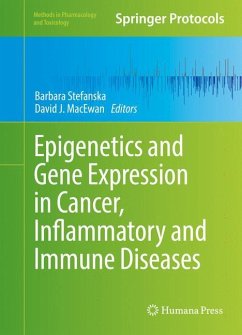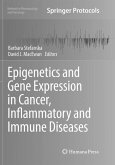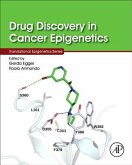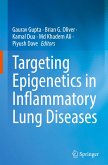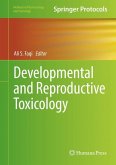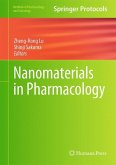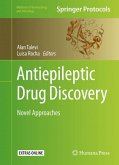This practical collection examines methodologies originating from the benefits of genome-wide approaches to studying epigenetics, which has opened the emerging field of epigenomics. Focusing on the areas of cancer, inflammatory and autoimmune disorders, chapters discuss three main components of the epigenome and their role in the regulation of gene expression and present a detailed method section specific to studying each component, including data analyses, troubleshooting, and feasibility in different experimental settings. The main topics are high-throughput and targeted methods for DNA methylation analysis, nucleosome position mapping, studying epigenetic effects of gut microbiota, optical imaging for detection of epigenetic aberrations in living cells, methods for microRNA, and histone code profiling. Written for the Methods in Pharmacology and Toxicology series, the book includes the kind of detail and implementation advice to encourage success in the lab.
Authoritative and easily applicable, Epigenetics and Gene Expression in Cancer, Inflammatory and Immune Diseases aims to provide pharmacologists, molecular biologists, bioinformaticians, and toxicologists with a vital background on epigenetics and state-of-the-art techniques in epigenomics.
Authoritative and easily applicable, Epigenetics and Gene Expression in Cancer, Inflammatory and Immune Diseases aims to provide pharmacologists, molecular biologists, bioinformaticians, and toxicologists with a vital background on epigenetics and state-of-the-art techniques in epigenomics.

